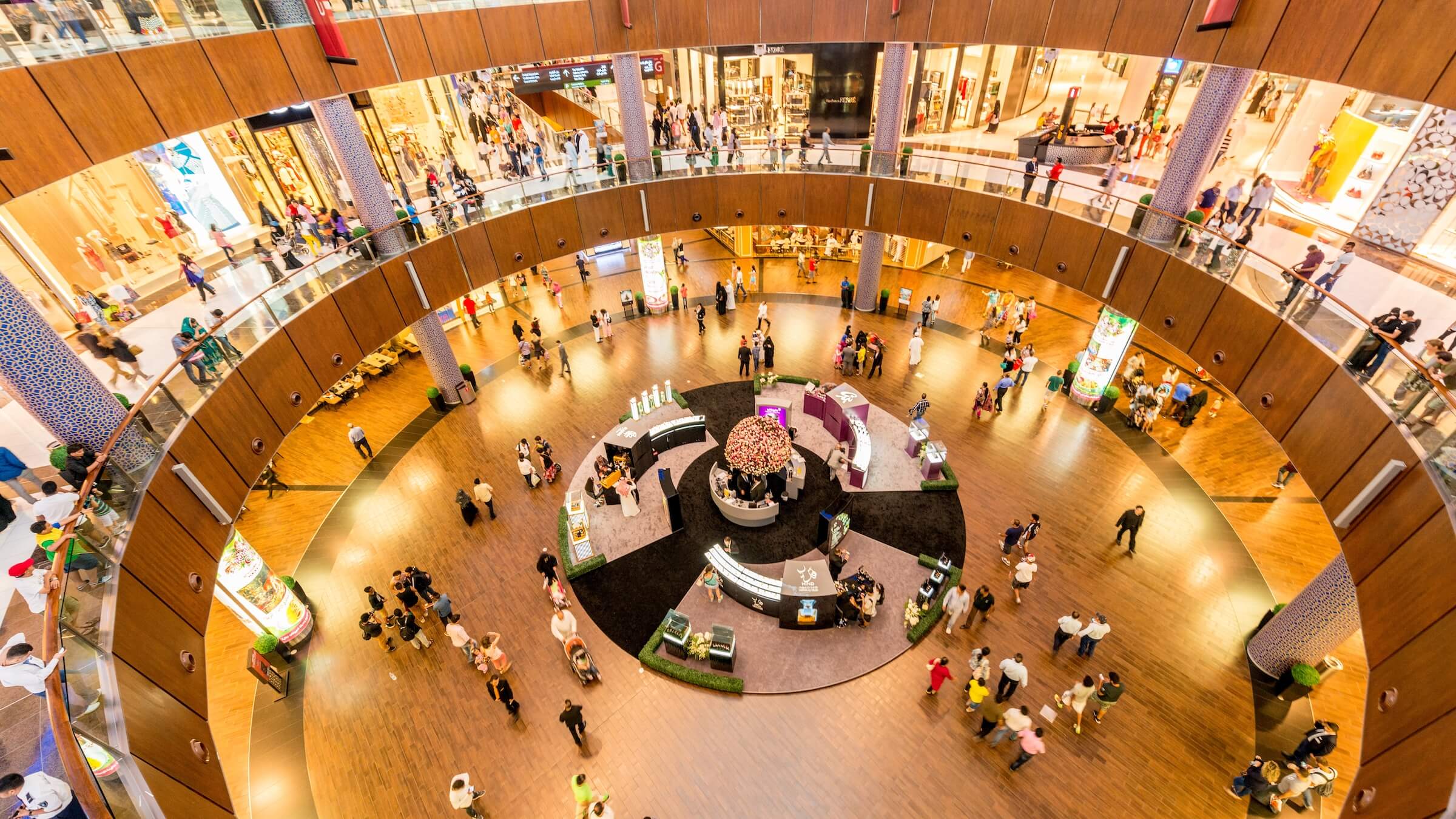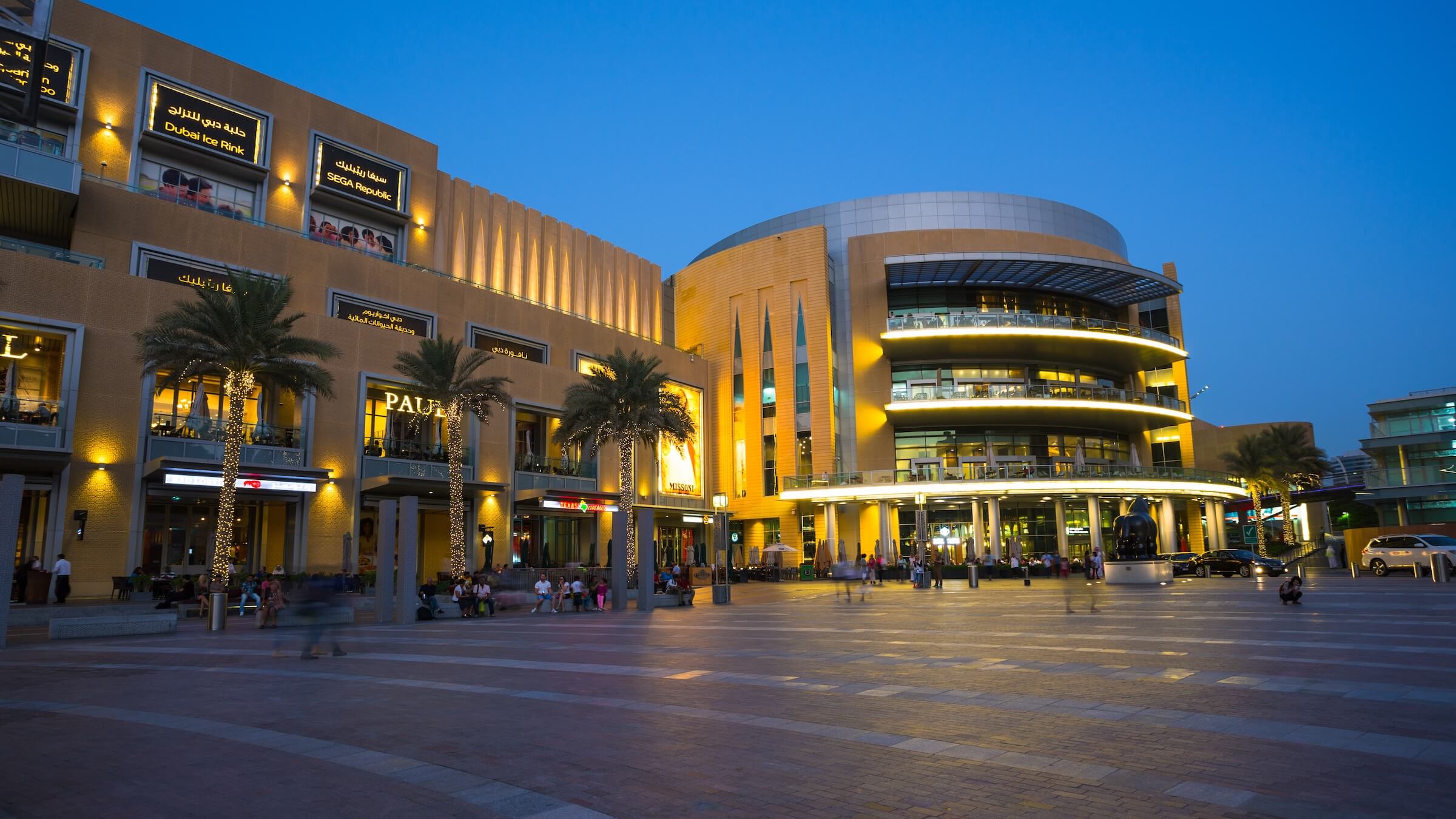Shop Smarter, Shop Happier: UAE Unleashes the Power of Unified Commerce for Ultimate Retail Bliss!

In the bustling retail landscape of the United Arab Emirates, savvy shoppers are looking for great deals, with a staggering 80% conducting thorough research before purchasing. This finding comes from a recent economic research paper that suggests retailers could enhance the loyalty of 69% of UAE shoppers by adopting a unified commerce approach and moving away from fragmented operations.
According to a report by Adyen, a leading global financial technology platform, more than half of UAE shoppers desire a flexible shopping experience that accommodates their preferred payment methods. They seek the convenience of buying online and returning items in-store and the option to purchase out-of-stock items and have them shipped directly to their homes.
To gain valuable insights into market trends, Adyen commissioned Opinium LLP to survey 1,000 UAE consumers from a global sample size of 36,000. Additionally, Censuswide surveyed 500 UAE merchants out of 12,000 globally. The aim was to explore the impact of recent changes on businesses worldwide, with a particular focus on the UAE market. The research also aimed to understand shifts in shopper behavior across various markets, delve into the preferences of UAE shoppers, and assess retailers’ current performance. Economic modeling conducted by the Cebr demonstrated how unified commerce, which integrates online and offline payments into a single system, can support retail resilience in a demanding and highly competitive environment.
The study uncovered that most UAE consumers, a staggering 80% globally, invest substantial time searching for the best deals and prices. Furthermore, nearly one-third (30%) of shoppers wait for significant calendar events like Black Friday to make their purchases. In response to this trend, 52% of UAE merchants feel compelled to offer discounts throughout the year due to the impact of inflation.
With the rising cost of living, personalization, and loyalty have become increasingly crucial to UAE consumers. A striking 78% of shoppers expressed a desire for more discounts from the retailers they frequent, and 67% expect businesses to remember their preferences and previous shopping experiences, enabling a more tailored browsing experience. However, UAE retailers need help meeting these expectations, with 58% finding it increasingly difficult to categorize their customers.

Regarding technology, UAE consumers prefer retailers that seamlessly switch between online and in-store shopping. A resounding 69% stated that they would be more loyal to retailers who offer the option to buy online and return items in-store. In comparison, 64% believed their shopping experiences would improve if businesses facilitated a transition from in-store to online shopping or vice versa.
Interestingly, when asked about the impact of technology on their in-store shopping experience, UAE consumers expressed overwhelmingly positive sentiments. Just under half (43%) reported feeling happier due to quicker shopping processes, and more than one-third (36%) said they would visit stores more frequently due to technology implementations.
Recognizing the significance of integrating all sales channels, UAE retailers increasingly embrace unified commerce. Over the past year, 50% of regional retailers have already begun investing in this strategy, and an additional 45% are considering its implementation.
Sander Maertens, Head of the Middle East at Adyen, commented on this trend:
“We have always recognized the potential of unified commerce for businesses and its ability to elevate the shoppers’ experience. It’s great to witness that in the UAE, over half of the retailers have also acknowledged its potential and chosen to invest in it. In the dynamic world of the retail sector, where speed is crucial, technology proves vital in building operational resilience amidst the ever-changing landscape.”
Through Adyen’s innovative financial technology platform, businesses can leverage unified commerce by consolidating all payment data into a robust system. This integrated approach provides valuable insights into customer behavior, enabling organizations to meet their shopping expectations effectively. In the dynamic and rapidly evolving retail sector, where speed is of the essence, technology plays a vital role in building operational resilience.
By adopting a unified commerce strategy, retailers can bridge the gap between online and offline channels, offering UAE consumers a seamless and personalized shopping journey. This approach enhances customer satisfaction and fosters loyalty, increasing sales and brand affinity.
The shift in consumer behavior, emphasizing researching deals and seeking personalized experiences, necessitates that retailers adapt to meet these changing demands. UAE retailers that embrace unified commerce will find themselves better equipped to navigate these shifts and stay ahead in the competitive retail landscape.
As UAE consumers prioritize convenience, flexibility, and value for money, retailers must strive to provide a holistic shopping experience encompassing online and offline touchpoints. By leveraging technology and embracing a unified commerce approach, retailers can create a seamless journey that caters to UAE shoppers’ evolving needs and preferences.
In conclusion, the UAE shopping landscape is witnessing a transformation driven by consumers’ changing habits and expectations. The research indicates that shoppers are increasingly focused on finding the best deals and value for their money. By adopting a unified commerce strategy and leveraging technology, retailers can enhance the overall shopping experience, build customer loyalty, and thrive in a competitive market. The integration of online and offline channels, along with personalized offerings, is key to meeting the evolving demands of UAE shoppers in the modern retail era.


